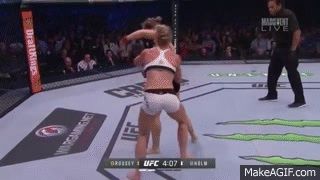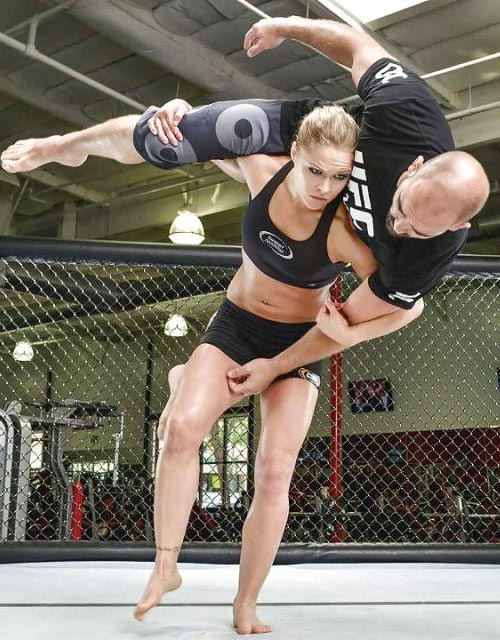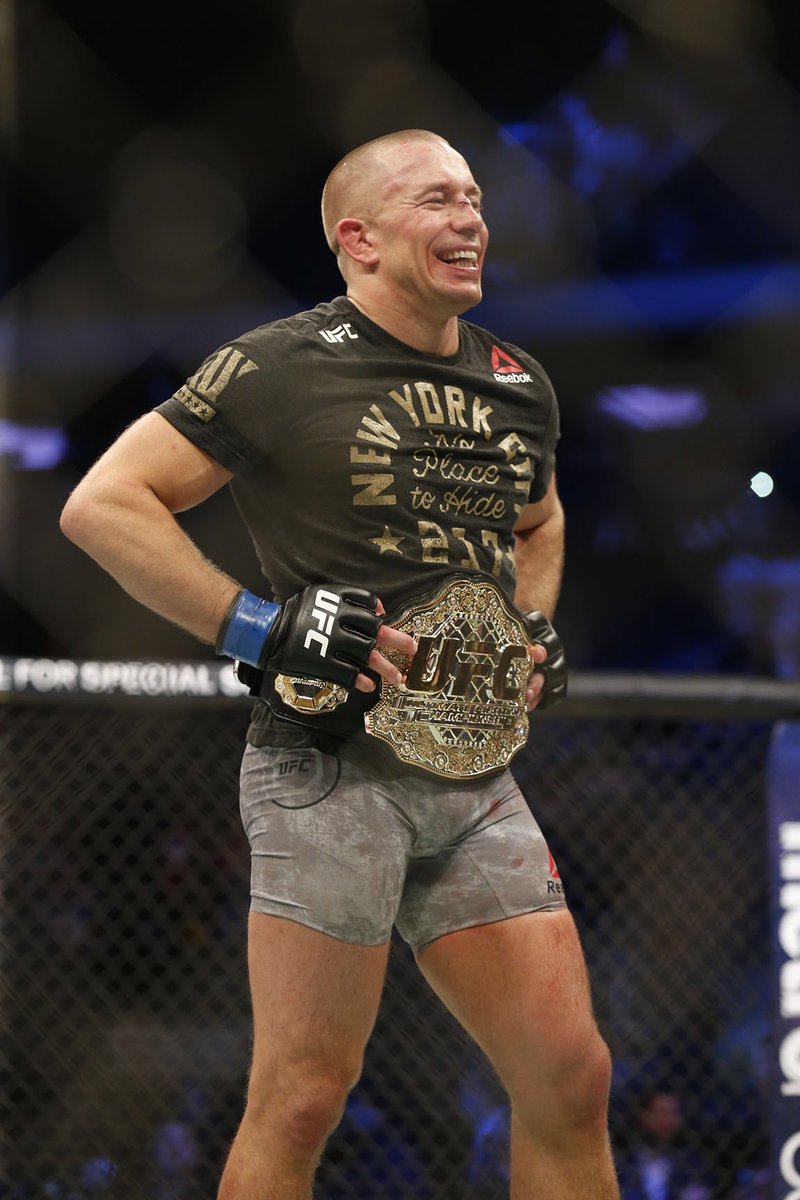In this series, the focus has been on prospects, specifically developing them in MMA. The goal was to provide the reader with an overview of the things that often contribute to a prospect not reaching his or her full potential in functionality or in personal accomplishment. In our first installment, we discussed athleticism and how it is a gift and a curse, something that can propel fighters forward while simultaneously holding them back. The second installment addressed activity, i.e. the efficient, structured, and purposeful training, sparring, or drilling that helps develop a fighter’s skills, IQ, and awareness. Today we have come to the final installment of this series: Matchmaking.
The previous installment focused on the activity that takes place in the gym and helps the fighter develop the skills, conditioning, strategy, IQ, and wherewithal to compete at the highest levels. When discussing matchmaking we are addressing activity of another nature, the activity in competition. In competition all the things developed in the gym and with your training partners come to bear, and you discover whether you are on the path to continued success, or whether you need to regroup with respect to the points of emphasis, the philosophy, and the direction you’re currently using to develop as a fighter. Things can be simulated in the gym, but you never know how far you can go, how good you are or can be, until you’re in an unfriendly environment, facing an unfamiliar fighter. That is the proving ground; that will tell you who and how you are as a fighter.

Part of developing an identity in normal, everyday life is that you have to experience a variety of situations and circumstances, as well as people and places that will challenge who you are and how you see yourself. It will also challenge your beliefs in regards to what you’re good at, what you aren’t, what you can do, and what you can’t. As odd as it may seem, fighting is similar to that. To be the best version of yourself, you have to develop an identity, and the best way to do that is to expose yourself to a wide range of opponents. Different physical builds, physical abilities, technical skills, strategies, and experiences are just a few of the things you want to see a fighter deal with as he or she moves ahead in his or her career. You want to see a fighter being challenged in different ways to reassure the fans, the promotion, and his or her team that he or she is learning lessons, and that he or she is continuing to improve.
Many times in fighting the focus becomes less about the development of the fighter and more about the development of the fighter’s record. As long as the fighter continues to win, and do so in dominant fashion, organizations, managers, coaches, teammates, and fans are happy, but the ends don’t justify the means. In the fight game, how you accomplish a goal is as important, if not more, than the goal itself. Being 10-0 doesn’t mean much when you’re beating up on 4th or 5th-tier opposition. Not only are you not testing yourself, you’re not being forced to diversify yourself in regards to approach and technique. Once again, that’s fine if your goal is to be the toughest guy on the local scene, but when your goal is to fight in the bigger organizations, a lack of growth is a sign that either you’re not serious about your career or that you don’t plan on having a very long or successful career.

At some point you face an opponent you can’t out-athlete, an opponent who may be better at your strength than you are, or an opponent who is strong in an area that you aren’t. And when that time comes, if you haven’t developed a poise and an ability to adjust, you will be beaten in an embarrassingly easy fashion. Ronda Rousey is a notable example of this. Here we have a fighter who hadn’t faced a significant test in her career, a fighter who had essentially been able to mask technical deficiencies with an overwhelming advantage in physical ability and in specific ranges of MMA. In fact, she developed a one-size-fits-all approach that worked. It made her a champion, made her a superstar, made her the baddest woman on the face of the planet, but it also made her predictable. This is fine if you have skills you’re not showing us because you don’t have to.

The problem comes when what you show us is all you have. When that’s the case, your reign and your stardom are destined to come to an end, and that was the case for Rousey. She didn’t develop in the gym, which was due, in large part, to facing opposition that had underwhelming physical talent. She was never put into spots where she was made to feel unsafe, nor made to feel that the skills she had weren’t enough. This lessened her motivation to improve and increased her confidence to almost comical levels, where even obvious holes were ignored in favor of the fight result. The surest way to ruin a prospect is by not focusing on what happened, not addressing the areas of concerns that pop up in fights, and not targeting opponents who can create spots where the fighter is either forced to improve or forced to reflect. Rousey never got much of that, and in the few moments that highlighted the very obvious limitations, she and her team glossed over those things. When she faced adversity, an opponent of comparable athletic ability, an opponent who had a style that exploited each and every limitation she had, she lost control and then lost the fight.

Ronda Rousey’s athleticism allowed her to skip steps and fast track. Her dominant skillset allowed her to get away with not developing the finer aspects of the game as a whole, and the constant success she experienced against somewhat limited and suspect opposition all led to her eventual downward spiral. A once in a lifetime talent, with mental toughness, world class skills, world class athleticism, and more than two lifetimes worth of experience in combat sports, on the biggest stages possible, has been reduced to a joke, a funny GIF, a comically embarrassing meme, all because she wasn’t guided correctly. She was a blue chip prospect who achieved great heights, but fell far short of what she could and should have been because she was not properly and carefully developed.
And that was the point of this series, to examine the highs and lows that accompany a blue chip prospect when he or she is not properly developed. Rousey was very accomplished, but she was never able to be everything she could have been, and last Friday at UFC 207, we all bore witness to the possibility that she never will. Some would say Rousey was an easy target, but in regards to this topic, there is no other fighter whose career so clearly relates to the subject. She was the best case scenario in that she achieved unparalleled heights as it pertains to MMA, but each and every one of the obstacles covered in this series were painfully apparent in the rise, plateau, and eventual fall she experienced.



